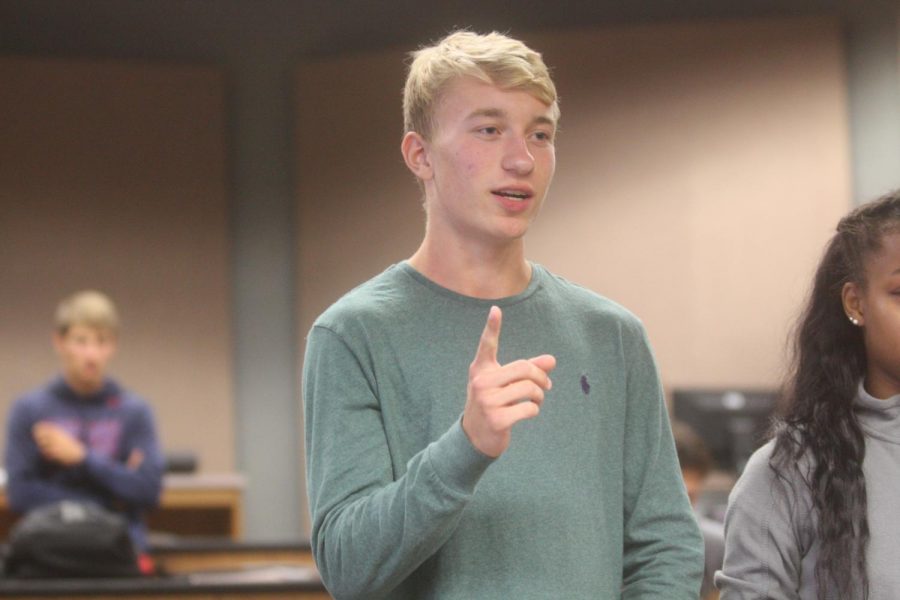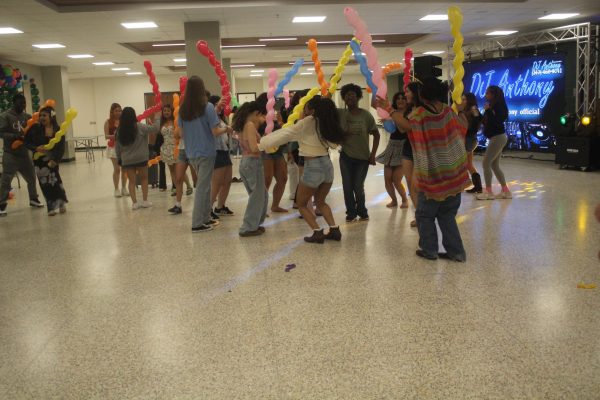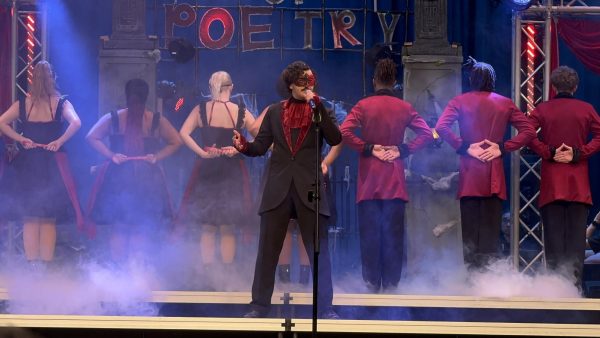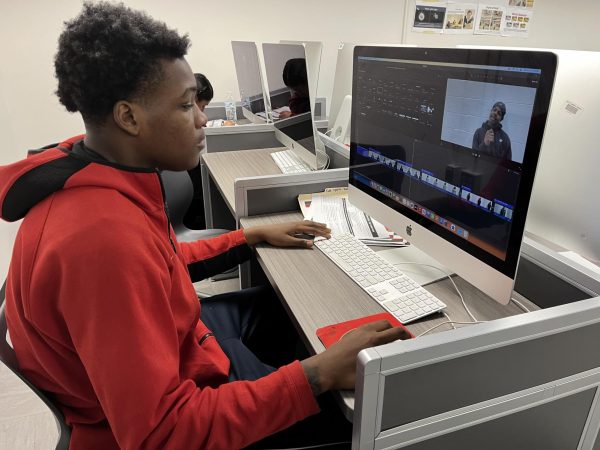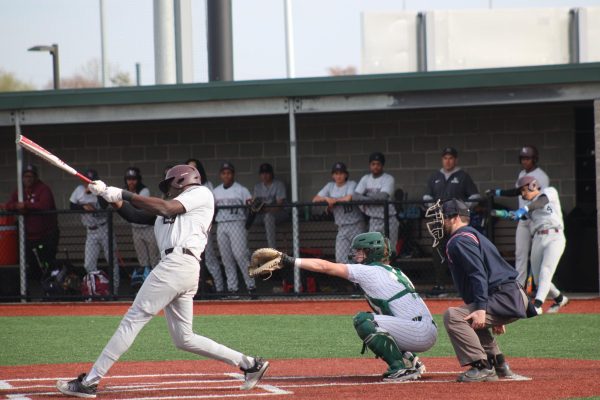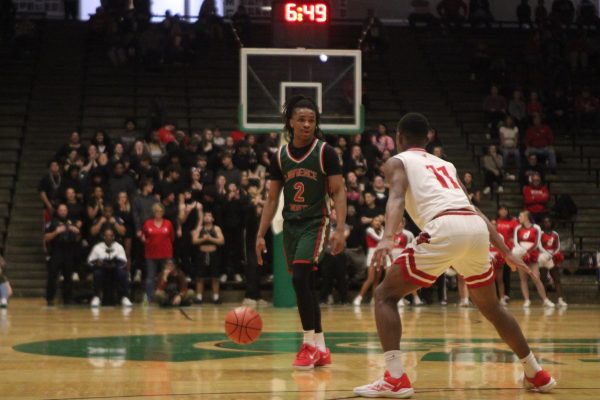AP Government class brings back Moot Court to teach students about proceedings of a courtroom
Every day of her AP Government class senior Lulu Faulk and her classmates experience what it takes to survive the trials and tribulations of the courtroom. This is due to Moot Court, a sort of extension for the AP Gov class.
“Moot Court is basically a practice mock trial that the students of AP Constitutional Law participate in to get the experience of what a court case is like in the format of a case like that, so you kind of get that lawyer experience,” Faulk said.
This year, teacher Anthony Rufatto decided to incorporate Moot Court into the curriculm of his AP Government class to teach students more about the on goings of the court room. Moot Court acts as a simulation to show students what a federal trial would be like. Those who participate prepare an argument depending on which side they are on. Using evidence and the sources given to them they must defend their side in front of a panel of judges who will grade them on their delivery and how prepared the students were.
“Moot Court is a simulation of an oral argument in front of a judge or a panel of judges. You are given a hypothetical case and you are given real life legal precedent and you are there to argue one side of the case to the panel of judges. There will be another party representing the other side. So you are being judged on your ability to understand the issues and the relevant law and be able to apply those two things to whatever the judge is asking you,” teacher Anthony Rufatto said.
Many students were surprised at how much preparation goes into it after presenting their first argument. Each student must first find out the details of the case then prepare and memorize an argument that corresponds with their side. Then they must step up against their opponent and present their case to the best of their ability.
“I really enjoyed going up to the podium and being corrected because it showed me I wasn’t as prepared as I thought it was,” senior John Salvas said.
Rufatto wants to test his students so that they can be prepared for the future even if they aren’t seeking a career in the legal field. Faulk believes the class does a good job of just preparing the students for public speaking positions. Unlike most other speech classes or debate clubs, Moot Court bears a sort of heavier weight and can cover a variety of topics, preparing students for all kinds of occasions.
“It’s not only important for students who are interested in becoming lawyers but also students that are interested in gaining leadership or public speaking skills,” Faulk said.
Students also enjoy the competitive nature of the class and going up against their friends and classmates in a debate which brings a whole new learning curve to the class.
“I really like arguing and I’m on the debate team so it kind of coincides there,” Faulk said.
Currently the Moot Court students have been in their practice phase to prepare them for competition where they will compete against other schools in the district, state, region, then hopefully the nation. Senior Robbie Bruner looks forward to this opportunitiy to compete and learn more about the legal system.
“I’m pretty anxious about Moot Court. I never experienced anything like Moot Court. I anticipate having fun and learning about the legal system. I definitely recommend that students take advantage of this opportunity because even if you don’t want to be a lawyer, you will learn so much about your rights as students,” senior Robbie Bruner said.



